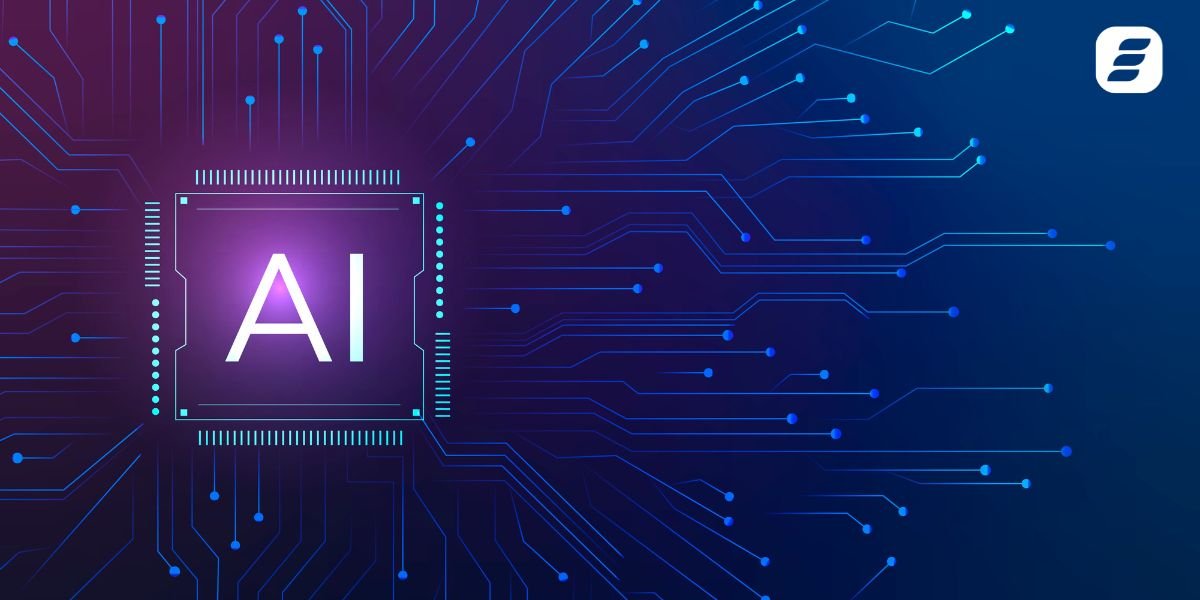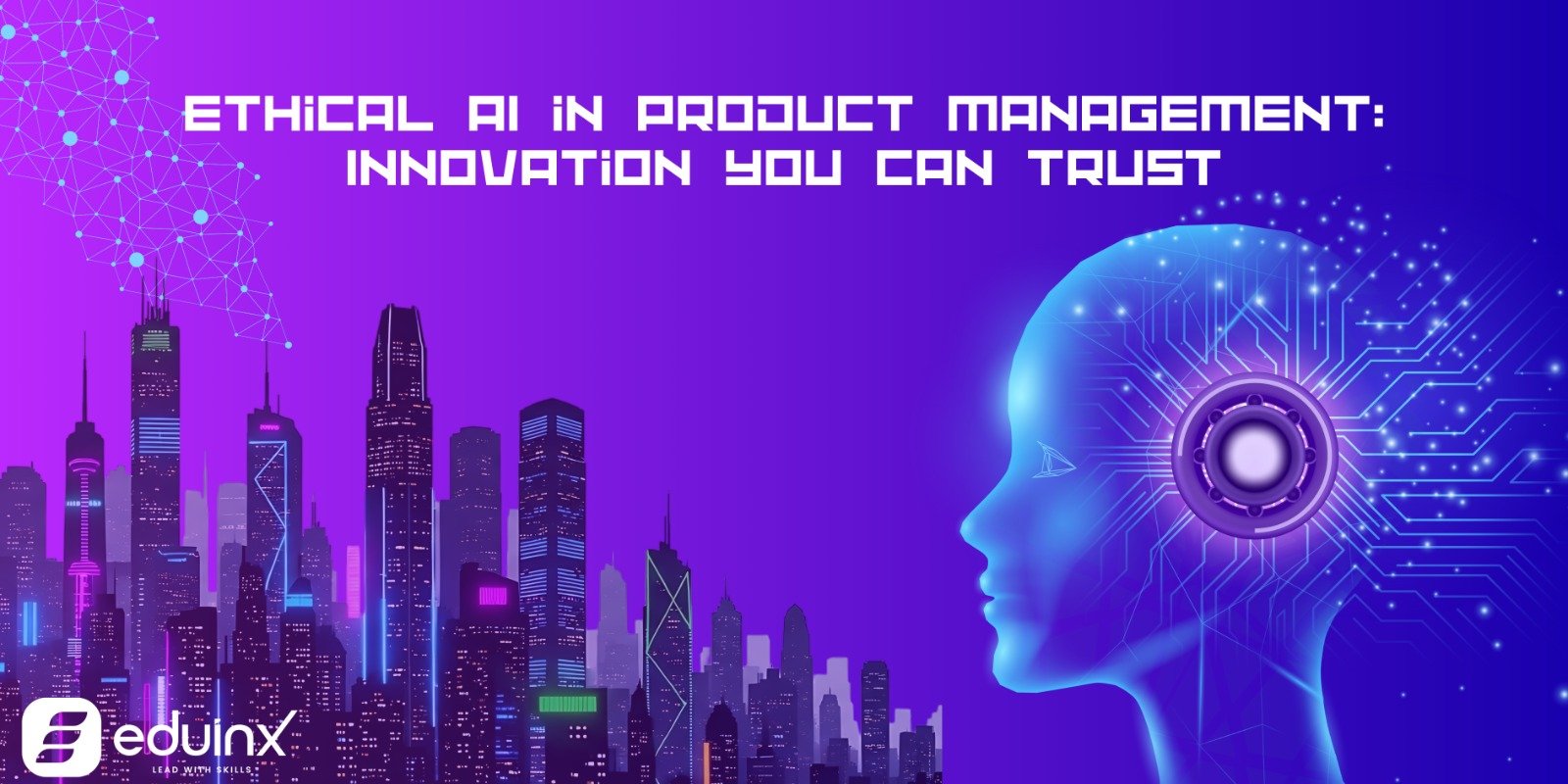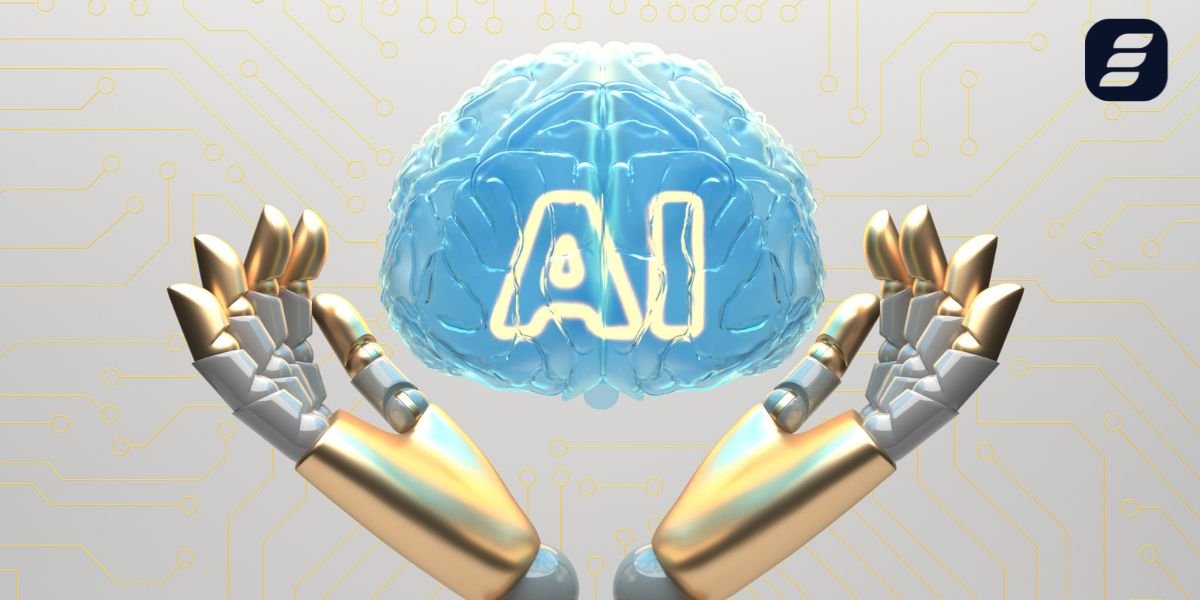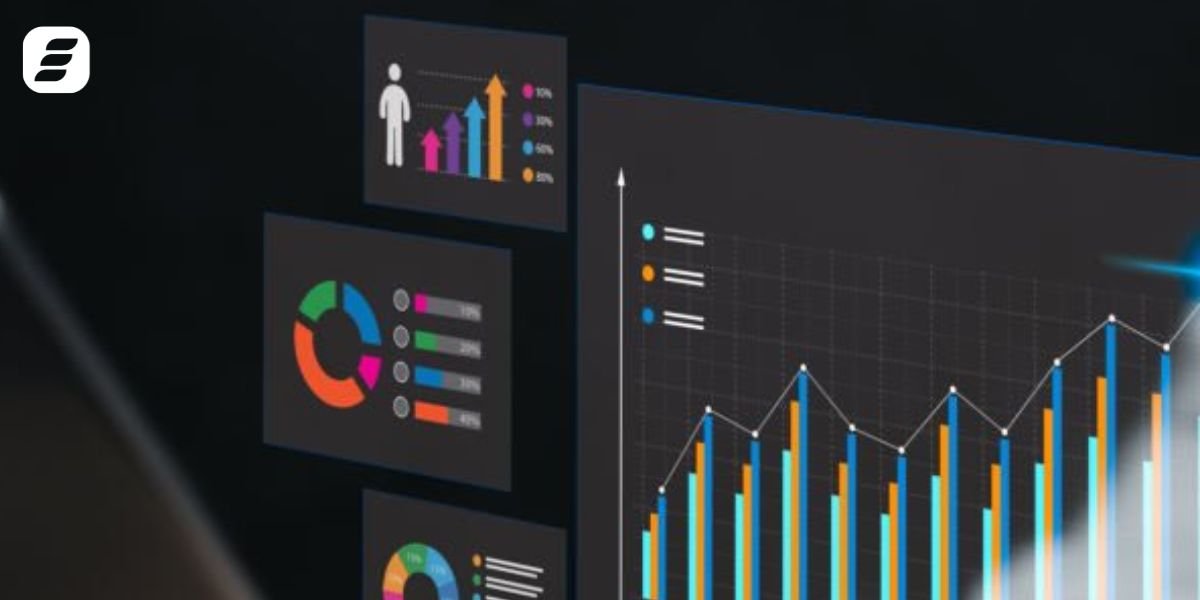How Generative AI Is Transforming Learning and Development
Imagine you are walking through a classroom - not walls of chalkboards and textbooks, but dynamic systems that understand exactly what you need to learn before you do.Learn More
Articles > Latest Articles

Are you worried that AI will be replacing most leadership roles and raising the unemployment rate? Well, that seems to be a widespread misconception in everyone’s minds as AI is here to improve leadership. Learn More

Imagine you are walking through a classroom - not walls of chalkboards and textbooks, but dynamic systems that understand exactly what you need to learn before you do.Learn More

Artificial intelligence has moved beyond the boundaries of research laboratories and has become a part of our daily existence.Learn More

Gone are the days when data scientists would spend hours together analyzing data through SQL queries and working on those long Power BI/ MS Excel spreadsheets.Learn More

The rise of Generative AI is transforming Data Science, altering the way professionals analyze data, develop predictive models, and derive insights.Learn More

Generative AI is transcending the initial excitement. We are no longer limited to discussions about AI generating poetry or lifelike artwork – it is evolving into a valuable revenue-generating asset within data science workflows.Learn More

Generative AI has transformed the realm of possibilities—rendering the intricate seem simple and bringing what was once out of reach closer than ever.Learn More

Product design is experiencing one of the most significant changes since the advent of CAD technologies.Learn More

As a budding data scientist or a working professional in the IT industry, it is essential for you to learn more about generative AI and how to integrate it efficiently in terms of operations and production.Learn More

With the world moving towards a fast paced functioning by harnessing AI in every touchpoint of operations, it is essential for you to know how to manage products through generative AI.Learn More

Foundation models refer to AI systems that are developed using a large amount of typically unlabeled data.Learn More

With generative AI revolutionizing the way industries work, many may wonder how it is different from traditional AI. Here is a brief on what is gen AI and traditional AI.Learn More

In the current fast-moving business environment, the ability to accurately forecast market trends can provide companies with a considerable competitive edge.Learn More

Foundation models (FMs), which are large deep learning neural networks trained on extensive datasets, have transformed the approach data scientists take towards machine learning (ML).Learn More

Building a smart product that helps organizations and clients to boost overall revenue with AI and machine learning is the best way for you to land your dream job.Learn More

With the relentless speed of AI transforming the overall business landscape across various industries, AI has transformed Agile product development.Learn More

In the current hyper-connected environment, successfully launching a product necessitates more than merely a solid strategy; it calls for advanced tools that improve both efficiency and effectiveness.Learn More

As product teams face increasing complexity, an AI product roadmap provides a more insightful approach to prioritizing what is most important. Conventional methods—based on intuition, fixed scoring systems, or conflicting stakeholder interests—frequently prove inadequate in today’s rapidly evolving, data-abundant landscape.Learn More

Regardless of how advanced AI systems get, they can never replace humans as they lack certain core problem solving characteristics, real world analytics, emotional intelligence, and core experience.Learn More

Artificial Intelligence has moved to be an experimental technology and a basic part of contemporary product management. Currently, AI assists product managers in user behavior analysis, predicting trends, workflow automation, and upscale personalized experience.Learn More

Artificial Intelligence (AI) and Machine Learning (ML) have swiftly become essential technologies in various sectors, transforming the way products are envisioned, created, and refined.Learn More

AI-driven decision making has made companies outshine their competitors through informed decision making. Gone are the days when companies relied on skilled data science engineers for decision making in product development.Learn More

In the rapidly evolving digital economy of today, corporate decision-making is experiencing a significant transformation. The conventional dependence on historical data, experience, and intuition is being replaced by AI-driven insights that improve agility, efficiency, and accuracy.Learn More

With the booming growth of AI in product management, AI product managers (AI PMs) are likely to face a lot of challenges in implementing AI. Today, major internet companies are embracing the AI revolution, while conventional businesses continue to grapple with digital transformation.Learn More

The future of digital commerce is autonomous, driven by a new generation of technology: agentic AI product information management (PIM). This signifies a major transformation in PIM, transitioning from manual methods to a framework where intelligent AI partners collaborate with your team.Learn More

With Generative AI gaining a strong foothold in the industry, companies have moved to new frontiers and are navigating on ways to integrate every step of the process with gen AI. This gives a rise in scope for AI product manager jobs.Learn More

The product managers (PMs) become a lot more than mere strategists and implementers in the rapidly evolving world of AI-based product development, as they are the designers of intelligent systems.Learn More

Artificial Intelligence (AI) is swiftly changing how Product Managers (PMs) conduct their tasks. Tools such as ChatGPT and Gemini facilitate quicker decision-making, improved collaboration, and better alignment with business objectives.Learn More

With the continuous rise in data volumes, organizations are confronted with a vital challenge: how to derive meaningful insights from this extensive expanse of information.Learn More

The prioritization of stakeholder communication involves identifying, ranking, and managing interactions with essential stakeholders according to their influence, urgency, and relevance to project results.Learn More

Enterprise resource planning (ERP) software enables organizations to visualize processes across various departments, allowing them to make quicker, more informed decisions.Learn More

Data can frequently appear intricate and difficult to convey in an understandable manner, particularly when your audience lacks a substantial level of data literacy.Learn More